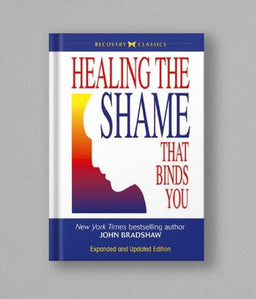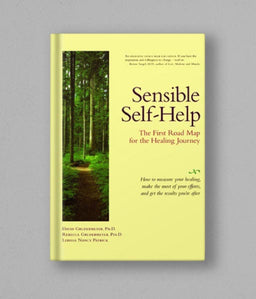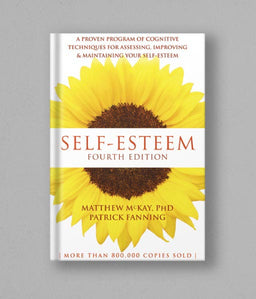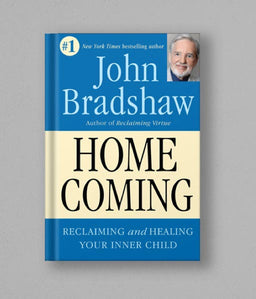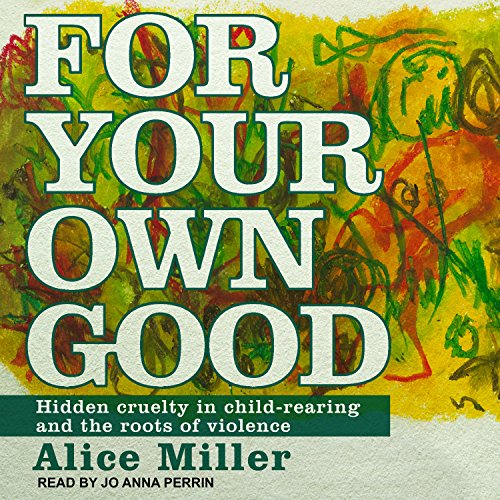
This was a very eye-opening book that was originally published in Germany. Ms. Miller described how the traumatic events we encounter as children that are called child rearing by our parents could in actuality be child-abuse. She then goes further and explains how these "poisonous pedagogical” beliefs leave a lasting and indelible imprint on our psyche as adults. She then reinforced her themes by citing case studies of people that were severely abused as children and what they did as adults.

One of those people was Adolf Hitler himself, and after reading her book, I had no choice but to be saddened for the most infamous and evil human being of the 20th Century. It made me realize that Hitler must have carried some major demons around with him because of his daily beatings. Ms. Miller also described a German pedagogical belief system of suppressing the expression of normal human emotions.
On a personal level, this book made me examine how I was raised and how the traumatic events I experienced as a child played a part in shaping my present reality. Fortunately, I was never beaten as a child. The worst I was ever physically disciplined was by my mother. She would make me lay out on my stomach and she would spank my behind with a pair of long thick chopsticks. To this day I cannot recall what it is my siblings and I did to get disciplined, but I assume we must have been bad and deserving of it — or is that how my inner child justifies it to repress the trauma? Ms. Miller describes how the child will always keep the parents on a pedestal and blame itself for the punishment.
I do know what does have a negative effect on me to this day is my own inability to express the full range of emotions and feelings. As a child, when my father was fighting for his life against leukemia, and the emotions and confusion I was going through inside, it was very difficult to express them. I always believed falsely, through a combination of my mother's upbringing and our culture, that I always had to put on an air of happiness around my father, lest my despair and sadness at his situation cause him to get more sick. I was unable to express my fears to my mother also, because she was also in denial, and believed that speaking about sornething terrible would cause it to happen. My mother's words of wisdom: don't be sad around your father or he will be sad; don’t argue or fight with each other in front of your dad; don’t feel this way; don’t feel that way. So I had to bottle up all these emotions and ut up this façade of contentment and happiness. All this from the time I was 8 until he passed away when I was 13. Even after he passed away, my new role was to be the big man of the family, to grow up and take care of my mother and my siblings. That was now my duty and responsibility
I now see these confusing rules had a lasting imprint on me as an adult. I am unable to express feelings and emotions too well. I feel uncomfortable asking for things I want. I feel awkward sharing my feelings with anyone, and have been accused of being emotionally detached. Now that I am starting to grasp these concepts though, I plan to face them head-on, no matter how difficult and painful, and resolve them.

